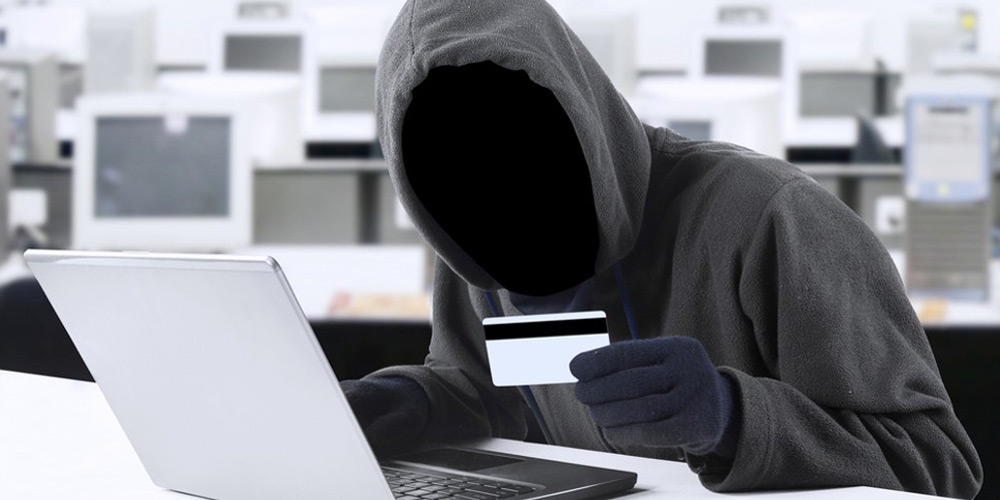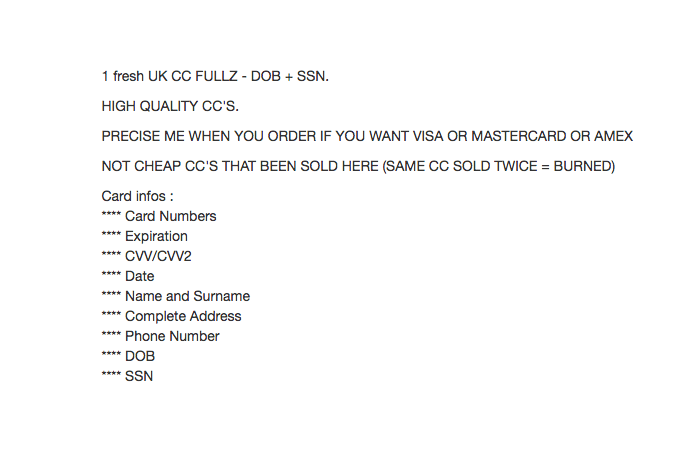The internet is huge. And when its size is still increasing, there is no way of telling how much information are there exactly.
For those that have ventured in and out of the dark web, they may have realized that there are plenty of things to do. Out of that plenty of things, it includes going yo places where hackers gather and web fraud communities do their things.
On the deep web, communities often trade personal information they've gathered, discussing them, marketing and valuing them. Personal information economy there are mostly well-structured, that people have less to no interest about seeing particular names, addresses, emails and passwords.
All because they are all laid bare.
As the underground part of the web, inaccessible using normal means of browsing, people on the deep web use anonymizing technologies to hide their location and data. This makes it extremely difficult to pinpoint the users, including the websites that are hosted inside the hidden network.

Built with privacy in mind, the deep web has been used for a number of things. Many have contributed to the positive side of the internet and life, including researches, journalism and free speech. But because people are simply anonymous there, many of the activities are illegal.
The illegal activities there are conducted by criminal enterprises. They advertise hacked or stolen credit cards, user databases, step-by-step phishing guides, or new exploit kits.
The same technology that powers the dark web to protects legal users from the government, also provides the platform for trade in illegal goods and services. This is why criminal economy on the dark web is thriving.
The Criminal Economy Inside The Dark Web
The dark web economy is full of scams and instability, but at the same time, incredibly well-organized.
Websites there may provide payment services in a way similar to e-commerce websites on the surface web. They may also have review functionalities, and other common features users of the web are already accustomed of. There, they can sell whatever thing their niches are into, with some markets have specialized offers like drugs or fraud.
Because hacked and stolen data are commodities on the dark web, criminals and the buyers don't really care where the information came from, who it belongs to, or how much the victims will suffer. People there just want to make money out of those stolen/hacked goods.
Some people's personal information that are highly valued on the dark web, includes Social Security Numbers (SSNs), as well as username and password combination.
Both SSNs and username-password combinations provide easy access to other accounts. Using the data, criminals can look up for other information, such as real names, addresses, contact details and so forth. A bulk of that hacked./stolen information can be sold for just a few dollars (sold in cryptocurrencies to ensure privacy of both parties).
And again, because they are sold at cheap prices, criminals want to make a fast return-of-investment. So while the price is only a pocket change, the economy is growing there because there are plenty to be sold, and there are also plenty of buyers.
In practice, to meet the demand, some data introduced to the criminal economy, is used or has been reused. They are sold, recycled, all until they expire. Then until that time, they are sold again. Some information has a limited shelf time, such as credit cards. But other information can be good for years, decades, or even more.

What you need to know about these dark communities is that, nobody there wants to target specific people or individuals. No one wants to come after you in particular. The reason is because identity theft on the dark web is nothing personal; it's plainly business.
So what can regular users of the web do to protect themselves from being a commodity on the dark web?
First, they need to do the basic things of security: taking control of accounts, and secure them with a strong password. Always use different passwords on every site, and opt to use two-factor authentication whenever possible.
Some extra steps in logging in, can be a pain. But those little steps also keep criminals locked out.
And because time will tell whether hackers can hack into websites and steal information, you may want to change your passwords as frequently as possible.